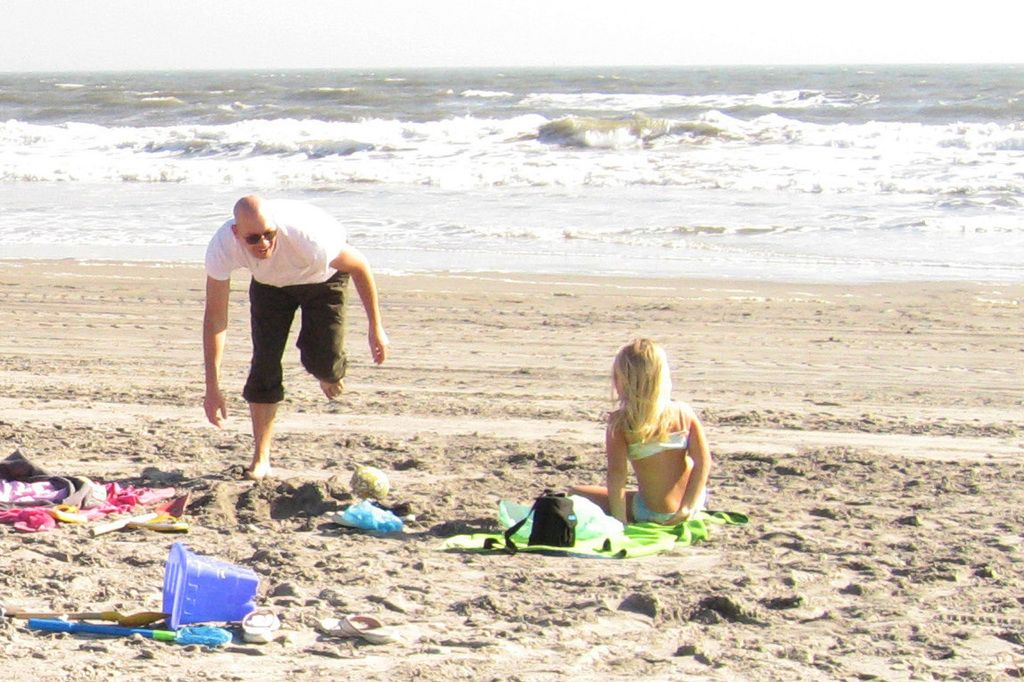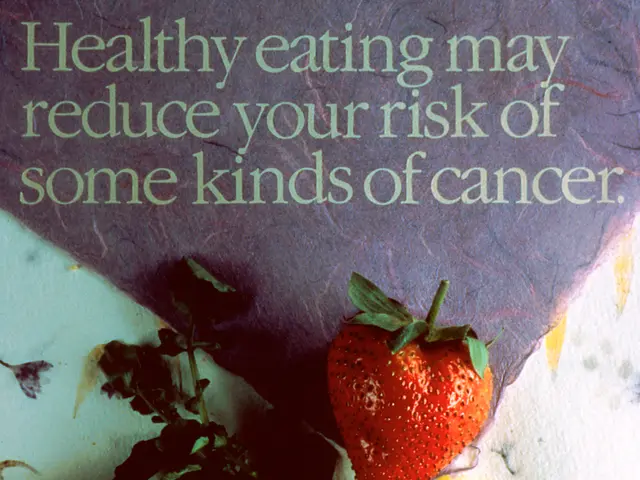Vaccinations Safeguard Against illnesses and Why You Should Care About This Protection
Scoop on Vaxxing:
Hey folks! Gonna break it down for ya on the deets of vaccines, 'cause let's face it, they're pretty vital these days.
Imagine your daily life, filled with contact with who-knows-what germs. You wash your dishes, ride the bus, pet your pup, and scroll through Instagram on your phone. It's a germ fest! But guess what? Most of us don't get sick because of our mighty immune systems!
These bodies of ours work like personal bouncers, keeping out any unwanted invaders. When we're immune to a disease, our bodies know how to tackle it. But sometimes, we catch something we ain't immune to, and that's when things can get nasty.
That's where vaccines come in. They're like our immune system's cheat sheet, teaching it how to recognize a pathogen and boot it from our bodies.
How Do Vaccines Work?
Making a vaccine is no walk in the park. Scientists spend years studying a disease-causing microorganism, like how it infects cells and how our immune system responds to it. Most of the time, the best defense is a weakened version of the microorganism, called an attenuated vaccine. This little dude can't make us sick, but it's strong enough for our immune system to recognize it as a foreign invader.
But creating a vaccine ain't always a piece of cake. Immunity is a delicate balance. We need our immune system to keep away pathogens that could make us sick or kill us, but we also don't want our immune system going haywire and attacking our own bodies.
Vaccines: A Helping Hand to Society
On a larger scale, vaccines work by achieving something called "herd immunity." That's when enough people in a group are vaccinated that the disease is essentially eliminated, protecting the vulnerable, like the sick, elderly, and young ones who can't get vaccinated.
But when herd immunity drops, things can get messy, like in the Disneyland measles outbreak or the mumps outbreak in Washington. So, getting vaccinated is a pretty selfless thing if you think about it. It helps protect those who can't get vaccinated themselves!
Safety First
Making sure vaccines are safe is top priority during development. The process takes years and rigorous testing to make sure vaccines are safe and effective once they reach your doctor's office. Side effects are usually minor, and the benefits of avoiding disease far outweigh the risks.
Oh, and for those still wondering, vaccines do NOT cause autism. That's been debunked time and time again.
Importance for the Lil' Ones
Babies have underdeveloped immune systems, especially in the first six months of life. That's when antibodies in breast milk help keep the baby protected while their immune system develops.
The CDC has a well-tested childhood vaccination schedule to ensure one vaccine doesn't weaken the effectiveness of another and to protect babies at the right times when they're most likely to be exposed to specific diseases.
Despite parents' concerns, delaying a child's vaccinations doesn't offer any health benefits. Instead, it increases the child's chances of getting exposed to dangerous vaccine-preventable diseases.[1][2][4]
Bonus Fact: America's Vaccination Facts
According to a survey review published in Pediatrics, 87 percent of pediatricians in the U.S. encountered a parent refusing vaccinations or asking for modifications in 2013. The main reason for refusal was deemed unnecessary.[3]
This is concerning because delaying a child's vaccinations doesn't have any health benefits and increases the child's chances of being exposed to preventable diseases.[1]
In Seattle, there's even a lower rate of polio vaccination among kindergarteners than in several countries, including Zimbabwe, Rwanda, Algeria, El Salvador, Guyana, Sudan, Iran, Kyrgyzstan, Mongolia, and Yemen.[3]
[1] https://www.who.int/immunization/en/
[2] https://www.cdc.gov/vaccines/
[3] https://pediatrics.aappublications.org/content/132/6/1135
[4] https://www.ncbi.nlm.nih.gov/books/NBK279406/
- Keeping up with the latest news on medical-conditions and health-and-wellness, one might find an article discussing the importance of vaccines, particularly vaccines that are under development in the field of science, and their role in preventing diseases.
- As part of maintaining overall health-and-wellness, individuals may also follow updates on news related to vaccines, learning about their impact on society, such as the achievement of herd immunity and the protection of vulnerable individuals from preventable diseases.




